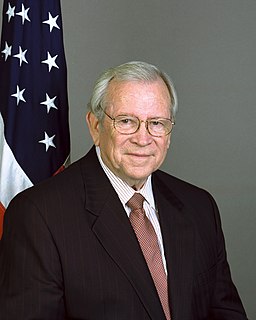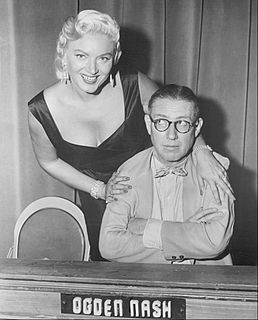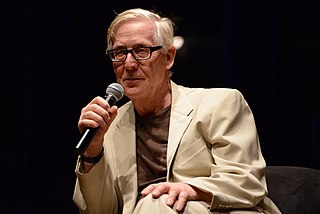A Quote by Howard Baker
The beginning of the decline of the Republic was the day they air-conditioned the Capitol.
Related Quotes
There can be no doubt that the young of today have to be protected against certain poisonous effects inherent in present-day civilization. Five social diseases surround them, even in early childhood. There is the decline in fitness due to modern methods of locomotion; the decline in initiative due to the widespread disease of spectatoritis; the decline in care and skill due to the weakened tradition of craftsmanship; the decline in self-discipline due to the ever-present availability of tranquilizers and stimulants, and the decline in compassion, which William Temple called "spiritual death.
We may wonder at the choice of Israel and Rome as the archetypes of the new nation, in view of the long history of suffering of the former and the decline of the latter. We may wonder that our ancestors over-looked the darker days of those earlier nations. They did not. They hoped to construct a republic on principles to sound that if we should decline in piety and public virtue we would meet the inexorable fate of nations, which are as but dust in the hands of God.
In 1978, '79, if you were unemployed, you didn't have an phone, you didn't have a big-screen TV, you didn't have air-conditioned house, and you weren't guaranteed to be eating three meals a day. You had welfare, you had unemployment, but you didn't have the kind of government support system/safety nets that exist today. So that's a difference. But today the economic circumstances really no different.
You may ask what kind of a republic I dream of. Let me reply: I dream of a republic independent, free, and democratic, of a republic economically prosperous and yet socially just; in short, of a humane republic which serves the individual and which therefore holds the hope that the individual will serve it in turn. Of a republic of well-rounded people, because without such it is impossible to solve any of our problems, human, economic, ecological, social, or political.
Nothing like this has been attempted before. (...) It might be called a literary Porto Alegre. That implies a beginning, with much fierce argument and discussion to come. But whatever the outcome of ensuing criticisms or objections, The World Republic of Letters -- empire more than republic, as Casanova shows -- is likely to have the same sort of liberating impact at large as Said's Orientalism, with which it stands comparison.












































